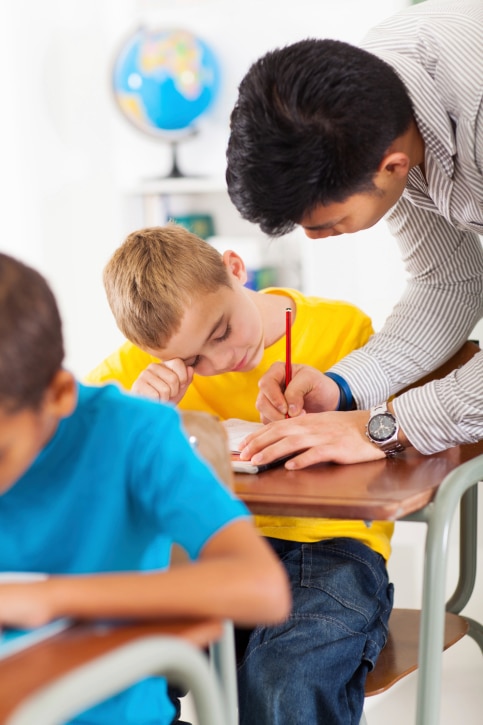When children with disabilities and learning difficulties such as dyslexia begin school, their behaviour tends to get worse, a new study has suggested.
The latest data comes from the Millennium Cohort Study, in which researchers from the Institute of Education, the London School of Economics (LSE) and the National Children’s Bureau analysed information on around 6,371 children born in 2000 and 2001 in the UK.
This study records information provided by parents on their child’s relationship, behavioural and emotional issues at the ages of three, five and seven.

The researchers set out to compare such factors between children without disabilities and those who have a variety of learning, developmental and health problems, including special educational needs.
By comparing the records, differences between the two groups could be identified. It was found that children with long-term illnesses and learning difficulties like dyslexia were more likely to have emotional problems, struggle to form relationships with other children and display hyperactive behaviour.
It was noted that these issues were most severe between the ages of three and seven.
Lucinda Platt, professor at the LSE department of social policy, said: “If schools could be more aware that those with disabilities are likely to be struggling in multiple ways then they might be able to intervene earlier on.”
Speaking about the findings, Philippa Stobbs – assistant director of the Council for Disabled Children – said it should be “imperative that we focus on improving the learning environment for our youngest and most vulnerable children”.
One way for teachers, parents and carers to enhance the skills of children with learning disabilities is to make use of assistive technologies. These are digital software tools specially designed to help those struggling with subjects such as maths and English. By working through each fun-filled activity, the child can increase their numeracy and literacy knowledge, and boost their level of self-esteem.
This could contribute towards significantly improving their behaviour in the school environment, as they will feel less frustrated, more confident and at ease around their peers who don’t have learning difficulties.
(Credit image: Thinkstock/iStock)
